Pelham School District preservation project documents history, one musty book at a time
The artifacts were tucked away in forgotten classrooms and attics. Their original keepers long gone, they laid dormant, collecting wizened scents and nineteenth century dust. Some artifacts, like an old 1918 yearbook which was printed when the senior class numbered a mere dozen, highlight Pelham’s substantial growth over time. Black and white photos give glimpses of the past, harkening from a time when Siwanoy was used as a high school and Prospect Hill was a wooden schoolhouse the size of a large garage. These are the relics of Pelham’s schools, and they are now being rediscovered.
The Pelham Public Schools Preservation Project, kickstarted by a $78,000 grant from the Pelham Education Foundation, has been tasked with compiling an online history of all six of Pelham’s schools. The project is led by Dr. Maria Thompson, director of humanities, and eighth grade social studies teacher David Acocella, who have made a point of involving students directly in project work.
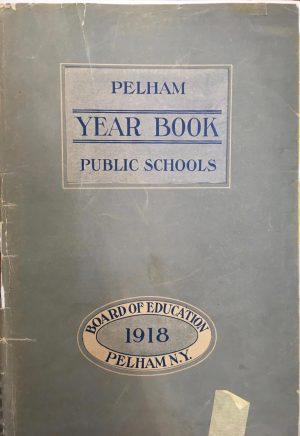
An unassuming storage room on the ground floor of Pelham Memorial High School serves as the project’s headquarters. Boxes are stacked everywhere, containing detailed records, aged yearbooks, and microfilm reels of Pelham’s newspapers dating back to the early 1900s.
Acocella gingerly turned pages of a girthy three inch thick codex, which contained a complete collection of Board of Education minutes since 1866.
“It has an interesting smell that I wish you could document,” said Acocella, before taking an exaggerated whiff. He considered the compendium—which was entirely handwritten—to be his best find. His thumb sported a blue rubber sheathe in an effort to preserve the brittle pages.
Acocella himself has warm memories of his time in Pelham schools. “We took some outstanding field trips to Philadelphia, and to Caumsett, which was a state park out on Long Island,” he said.
When a bond was approved last year authorizing the replacement of Hutchinson Elementary School, the oldest school in Pelham, Thompson and Acocella agreed that its history must be retained.
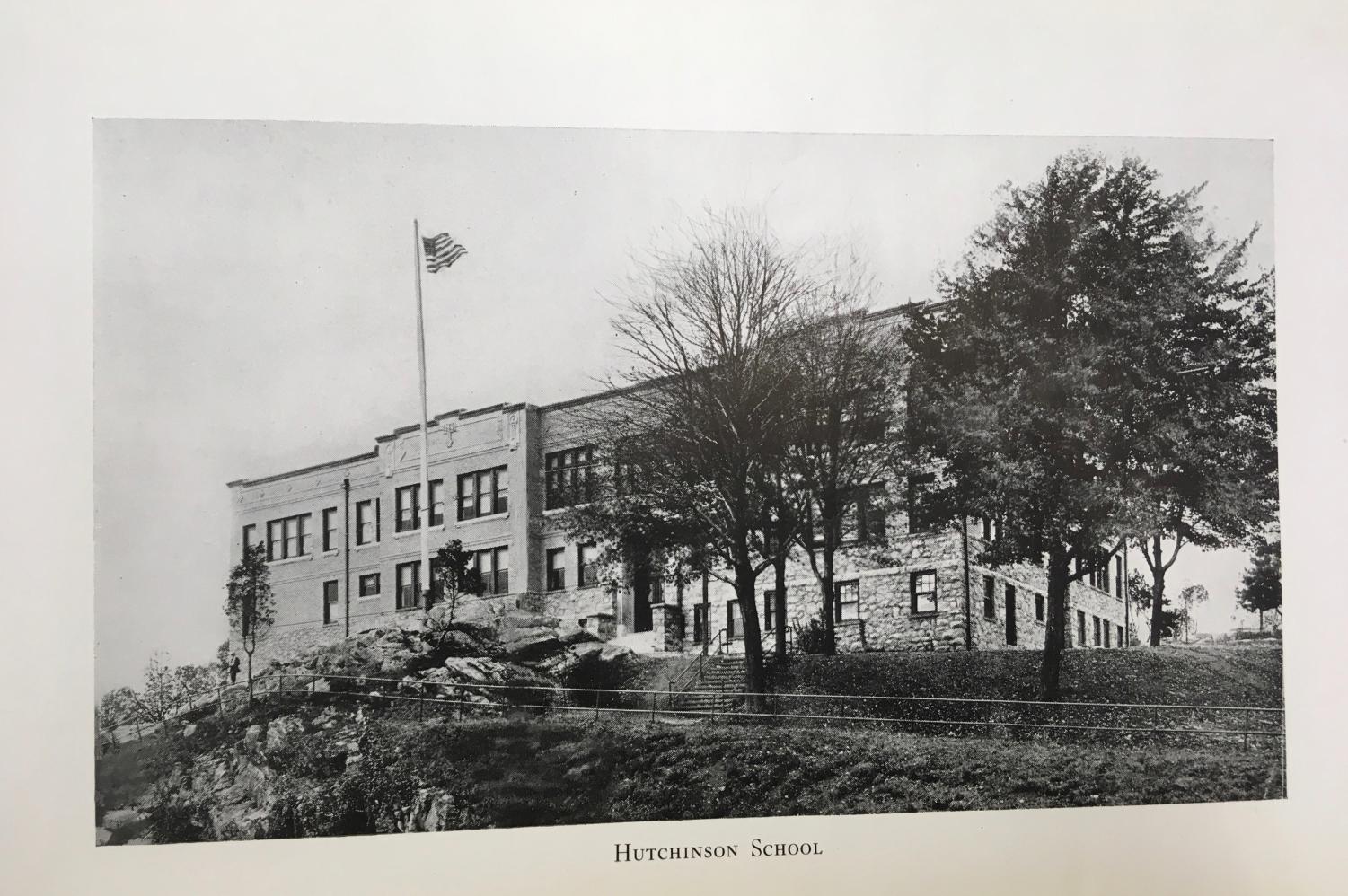
“Dr. Thompson and I went over to see the district clerk who keeps all of the Board of Education records and so on. And we asked to see whatever the district had in terms of their historical records,” said Acocella. “So we went into this records room and that’s where we started to uncover things that probably they received but probably had not been looked at in a long time.”
Their search yielded a volume of historical documents, which presented the daunting logistical challenge in terms of cataloging all of the items.
Said Thompson, “Having to literally sit there and count hundreds of thousands of pages is time consuming. Finding the material was actually relatively easy. Now, going through it, it’s unbelievable how much we have really when I think about it.”
Thompson, Acocella, and a handful of student volunteers undertook the tedious work during the summer. Summer vacation has greatly depressed volunteerism, and the two educators only hope for more student involvement when school resumes.
Once everything is organized, the items will be digitized and posted online. This digital archive will be used to teach a new high school class on local history and aid the creation of fifth grade time capsules at the new Hutchinson Elementary School. The physical items will also be displayed inside all six of Pelham’s schools, and at a Community Night event for all of Pelham.
The next step of this project is collecting a rich oral history, which will be done by students at Hutchinson who will learn interviewing skills as part of participating.
“We’re going to try to have students conduct interviews with people in town, people that went to Hutchinson school, people that worked at Hutchinson School, people that have memories of the schools in this town,” said Acocella.
Any student who is interested in participating in this project should contact Maria Thompson and David Acocella at [email protected] and [email protected], respectively.



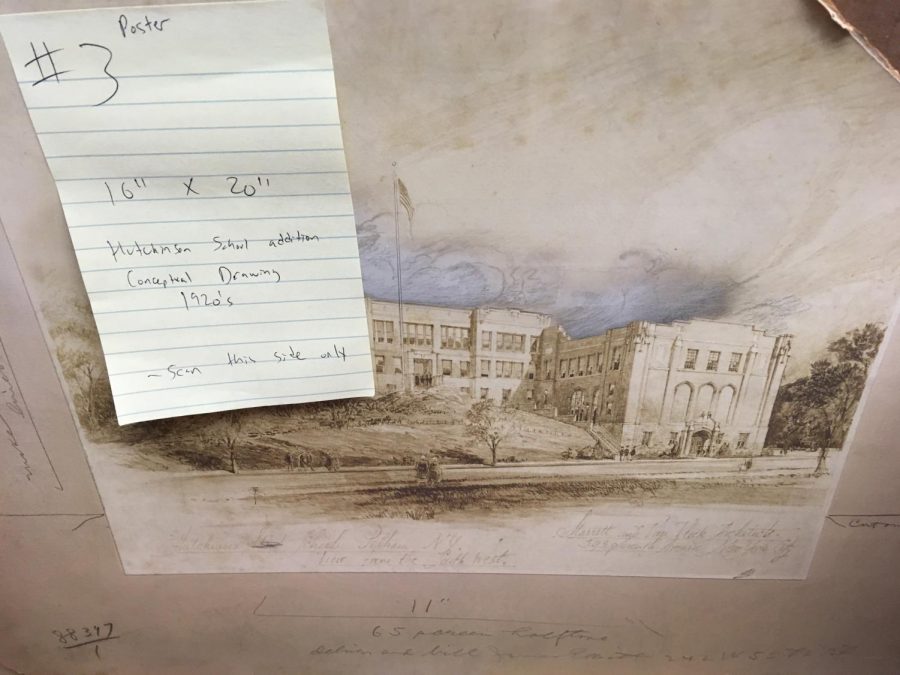
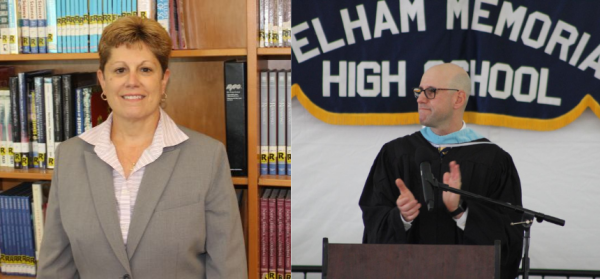
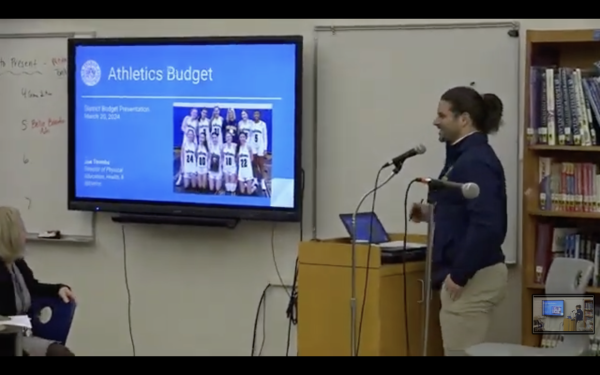
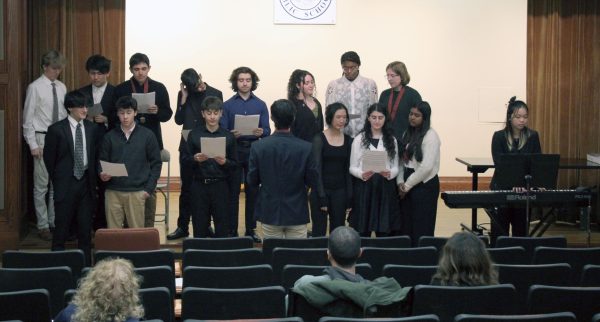
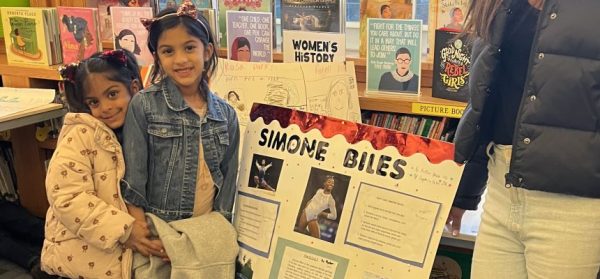
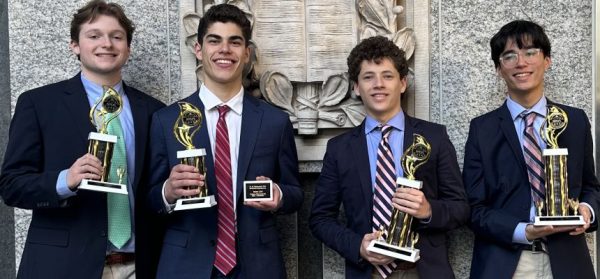
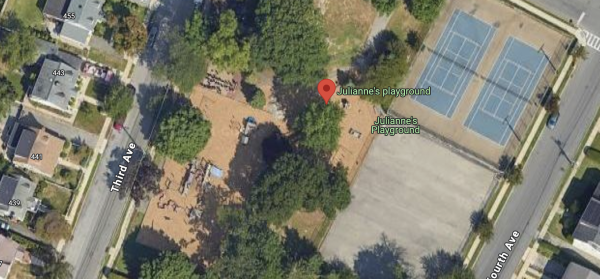
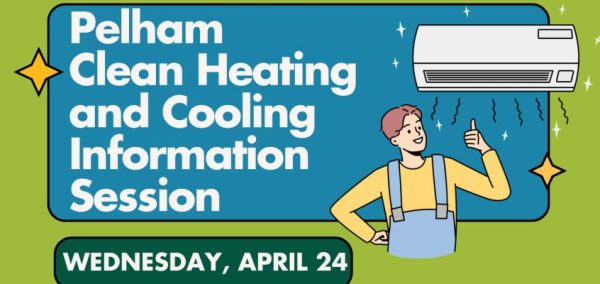
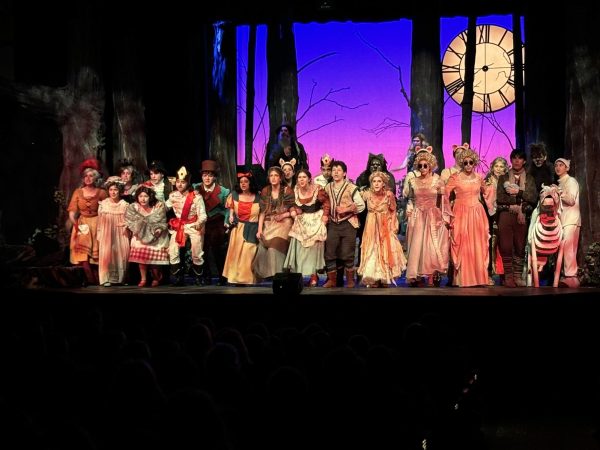
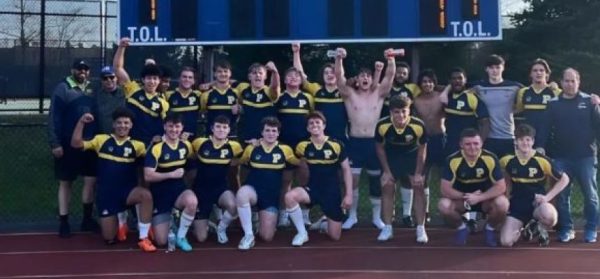
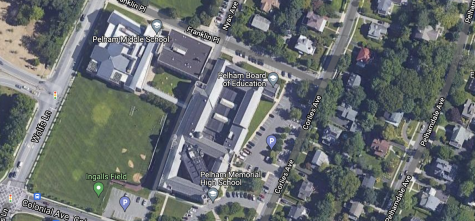
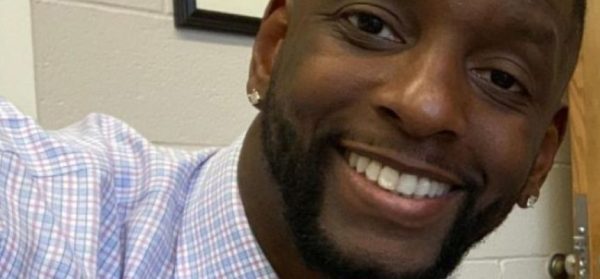

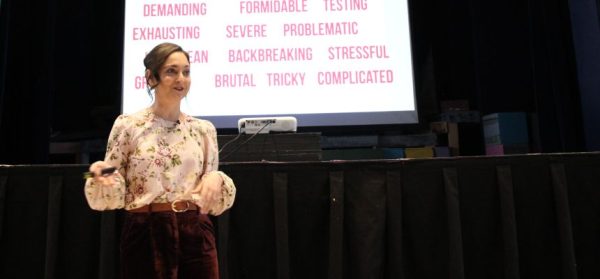
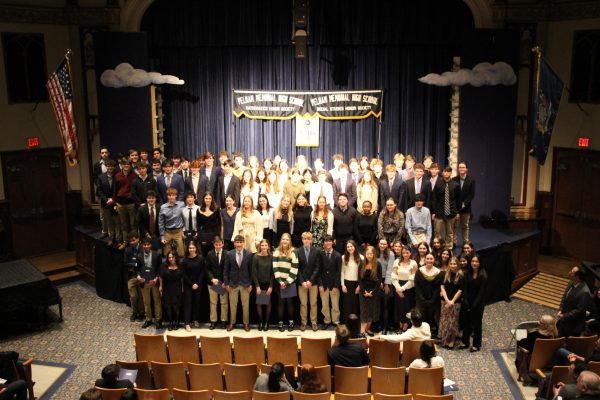
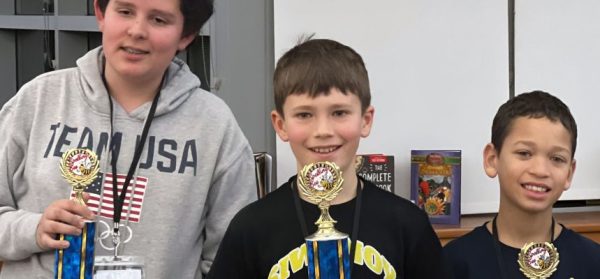
Lynne Adinolfi-Catena • Aug 23, 2019 at 1:44 am
I have some priceless things for your collection. Several were turned over to a Pelham newspaper reporter years ago but I have retained some and would be delighted to donate.
Also, I have all the class of 1962 memorabilia from all our reunions over the years. Please contact me so we can meet. I’d like also to be a volunteer during the winter months. Good luck with this wonderful project.